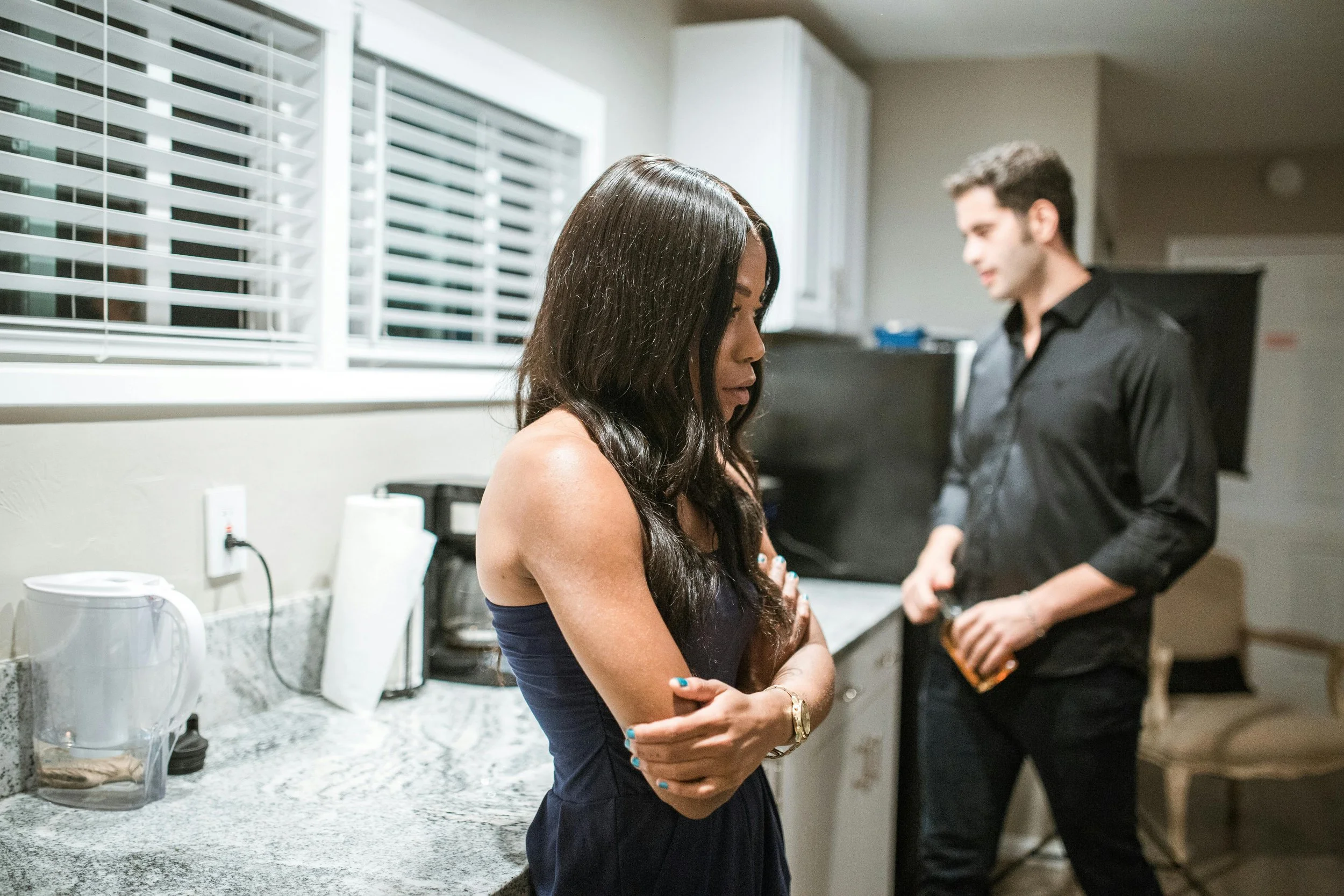
Why Conflict Feels So Personal (Even When It’s Not)
Sometimes a small comment can spark a surprisingly big argument, leaving both partners confused and disconnected. This article explores how conflict often activates protective “parts” shaped by past experiences, making disagreements feel more personal than they are. Using an Internal Family Systems lens, it offers compassionate insight into what’s really happening beneath the surface and shares practical ways to slow down, reconnect to your grounded Self, and turn moments of tension into opportunities for deeper understanding and connection.
Why Should I Go To Therapy When They're The Problem?
Arguments with loved ones can leave you replaying every word and wishing things would change, especially when it feels like someone else is the source of the problem. When conflict becomes a pattern, it can leave you feeling powerless, unheard, or unsure what to do next. This article offers compassionate guidance for understanding your emotions, reclaiming your agency, and considering therapy as a supportive path—helping you navigate challenging relationships without sacrificing your peace or sense of self.
How to Convince Your Partner to Try Couples Therapy (Without Pressuring Them)
You might feel stuck if you believe therapy could help your relationship, but your partner is resistant to the idea. How might you suggest it without causing them to feel trapped or pressured? This blog post focuses on how you can build open lines of communication while addressing any concerns your partner might have, to help them see therapy as an positive opportunity.
Healing from People-Pleasing: Understanding and Overcoming a Survival Mechanism
People-pleasing is not merely an unhelpful behaviour, but a survival strategy. By examining people-pleasing through the lens of Internal Family Systems (IFS) therapy, we can understand its origins, the emotional toll it takes, and discover how to heal these parts of us to create more harmonious and fulfilling relationships—both inside and out.
Drawing the Line: Navigating Boundary Conversations
Setting boundaries with family and friends isn’t always easy. Honestly, it can feel awkward, emotional, or downright scary. Thankfully, the book Crucial Conversations is the ultimate toolkit for navigating tricky communication scenarios without blowing up relationships—or losing your sanity. This blog will walk you through some of the key takeaways from the book, including practical ways to prepare for and navigate tough talks about setting boundaries with the people you love.
Building Love That Lasts: What Sue Johnson Taught Us About Healthy Relationships
Relationships can often feel like a thrilling yet unpredictable rollercoaster ride, full of highs, lows, and moments of confusion. Sue Johnson offers a guide to building healthier relationships. Her work, rooted in attachment theory, emphasizes the importance of the emotional bond between partners. Johnson provides practical tools to help couples create a stable and loving connection. With these insights, relationships can become resilient, enduring challenges like stress, anxiety, and trauma.
Narcissism Through the Lens of IFS Therapy: Compassion and Connection
When we hear the word “narcissism,” many of us picture someone who is self-absorbed, arrogant, or manipulative. Narcissistic behaviour can indeed look like that on the surface, but when we dig deeper—especially from the perspective of Internal Family Systems (IFS) therapy—we begin to see a more complex story. IFS provides a compassionate framework to understand narcissism, and it also offers tools that friends and family can use to support healthier relationships with those who show narcissistic behaviours.
The Best Tool for Couples Struggling with Conflict
As couples begin to navigate difficult conversations in the therapy office, they gradually realize it is much harder to do the same at home. Although clients and I have joked about this in the past… I cannot (nor do I want to) go to your home to remind you and your partner to “slow down” when trying to communicate.
In place of this obviously uncomfortable situation, I offer couples one of my favourite relationship tools: the Feelings Wheel.








